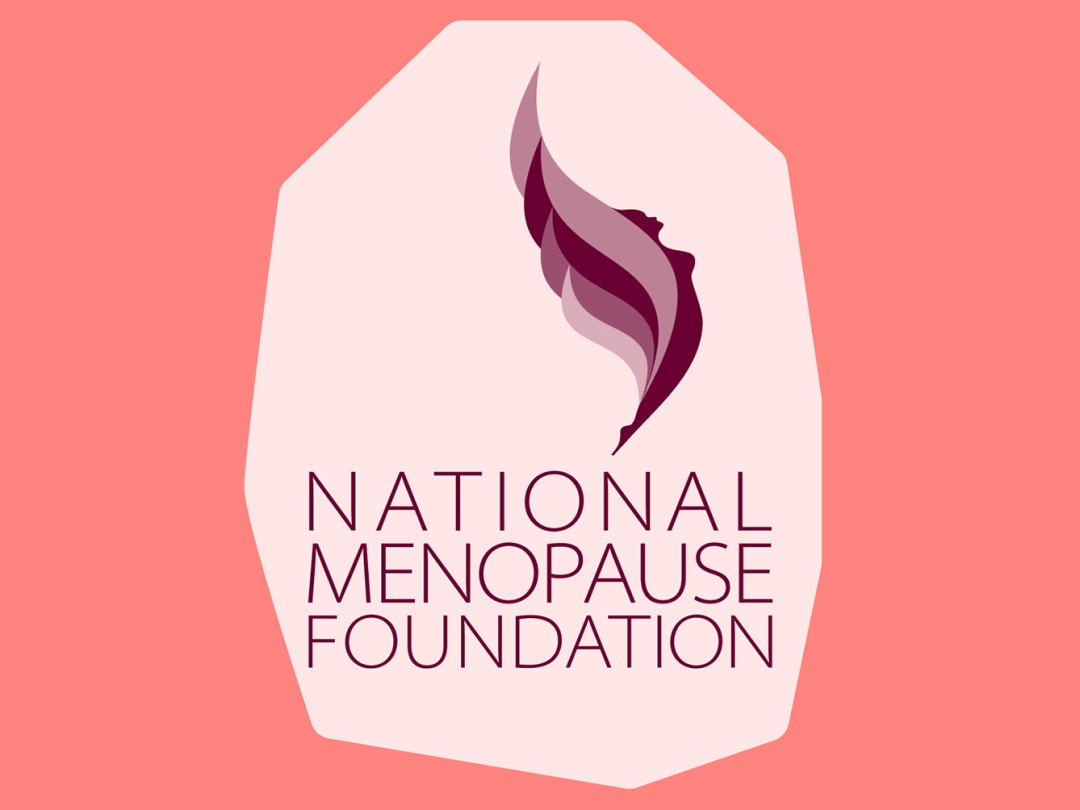#personal-essay
How PMDD Made Me Closer with My Partner
voices
·5 min read

by Chloe Caldwell | 07/20/2022
For me, the thing about dating someone of the opposite sex was that as close as we were, he could never experience the one thing that was so important to me — and, in all honesty, was the thing beginning to dominate my life: my period.
It felt like some sick joke that I met Tony around the same time I began experiencing what I didn’t yet know was premenstrual dysphoric disorder (PMDD) — a condition that affects one in eight people who menstruate. The range of PMDD symptoms vary, and for me they looked like psycho paranoia, mania, occasional insomnia, irritability, and despair. How fun is that?
At first, I was ashamed. When you’re falling in love, you want whoever you’re falling in love with to think you’re chill, cool, and the best thing imaginable since sliced bread. So, to show my dark side at the beginning of a relationship — and to not be able to control it — was something new and scary.
Just five years ago, PMDD was spoken about much less than it is now, and I’d never heard of it before. Once I had a name for what I was going through, I figured I could tame it on my own. I know other people who menstruate that were able to do so without blowing up their lives monthly. Well-intentioned as that plan was, my PMDD laughs in the face of plans. It is an out-of-body experience that completely sucks the joy out of anything, replacing it with despair, rage, and a fear that the ones who love you most are against you.
So, I began researching and found a post on Reddit titled Werewolf Week where someone described their experience with PMDD:
I got a package this morning and it randomly came with a little sample packet of Midol. My hubby was standing next to me and said excitedly, “Oh babe, have you tried Midol for your PMDD?”
I bet you can imagine my reaction. I just glared for a second and was like “Yeah, that would be like trying to take Godzilla down with a slingshot.”
And then he was like, “No but really, have you tried it?”
I began sobbing, got mad at my husband over a McDonald’s drive-through order, then got out of the car and walked two miles home in the dark while angry-crying.
Funny as PMDD was while I was in my small window of no-symptoms, I had exactly zero humor about it when I was in it. Something needed to change. I was terrified Tony would become too exhausted by PMDD and break up with me. In the beginning of relationships — especially if you have trust issues like I did — it’s easy to imagine your partner will leave at the first sign of conflict.
But he didn’t. He knew my PMDD symptoms weren’t the real me. He wanted to learn about PMDD with me.
I began doing light research, which quickly became investigative. As I read interesting anecdotes, I’d text them to Tony.
Just read that rats have a version of PMS, and Prozac worked for them. It’s funny to imagine a rat with PMS.
Whoa!!! I can see that. I’ve met a few rats and sometimes they seem more emotional or agitated than other times. I was wondering if it was PMS or they were just having a hard day.
[Insert rat emoji 🐀]
One afternoon, Tony came over and I had printed out a packet of literature on nutrition that had scientifically been proven to help PMDD. I remember we laid down and read it together. He was interested and curious, and that was touching. Historically, menstruation has been used as something that men could bully women with. But with Tony, he leaned in, and instead of PMDD distancing us from one another, we went the opposite way, and found it to be something we could connect over.
We began going to couple’s therapy together, and would discuss techniques to use for PMDD, while also doing somatic work — which focuses on underlying physical sensations through breath work, meditation, visualization, and more. In couple’s therapy, Tony got to work on his own anger, something he hadn’t been able to do until our relationship. Our therapist taught him to use his anger and not be afraid of it as he had in the past. PMDD also allowed him to set boundaries for himself, something he’d been uncomfortable doing throughout his life.
One of the techniques we came up with that we still use to this day is what we call “airplane mode.” Airplane mode means that one of us puts our phone into airplane mode when we need space.
We spoke in PMDD language, where others couldn’t. PMDD language was our own; often people didn’t know what we meant when we referenced it. We also talked about the app Hormonology, which I used religiously, and referenced the time leading up to my period, “The Red Zone.” We spoke of “werewolf week” and the luteal phase and estrogen and progesterone. If PMDD came up around other people, they most often had never heard of it. We had dumb inside jokes, like pretending PMDD stood for Tylenol PM and Dunkin’ Donuts.
I would never have chosen PMDD to triangulate my relationship, and I wouldn’t wish it on my worst enemy, but now that I’m on the other side, I can see its gifts. Because we were forced to go through something so violent and unpredictable, we had two choices: to give up and break up, or to unite as a team to accept and conquer. The resilience we now have because of PMDD, has given us a solid foundation for our marriage. I have enough distance from those early years of it now to see its gifts. They like to say if you can make it in New York City, then you can make it anywhere. Well, my spin on that is this: the couple who conquers PMDD together, stays together.
Have you navigated premenstrual dysphoric disorder, PMS, or any other diagnosis with a partner? How does your partner/support system assist and stand by you? Let us know in the comments!
Chloe Caldwell is the author of The Red Zone: A Love Story and three other books: I’ll Tell You in Person, the critically acclaimed novella, WOMEN, and Legs Get Led Astray. Her essays have been published in The New York Times, Bon Appetit, The Cut, and many more. She teaches writing workshops at www.writingworkshops.com Learn more at @chloeeeecaldwell on Instagram or www.chloesimonne.com
by Chloe Caldwell
discover more topics
more from voices

Why We Need to Change the Way We Talk About Periods
by Keeley McNamara, CNM, and Jen Swetzoff
07/17/2023

